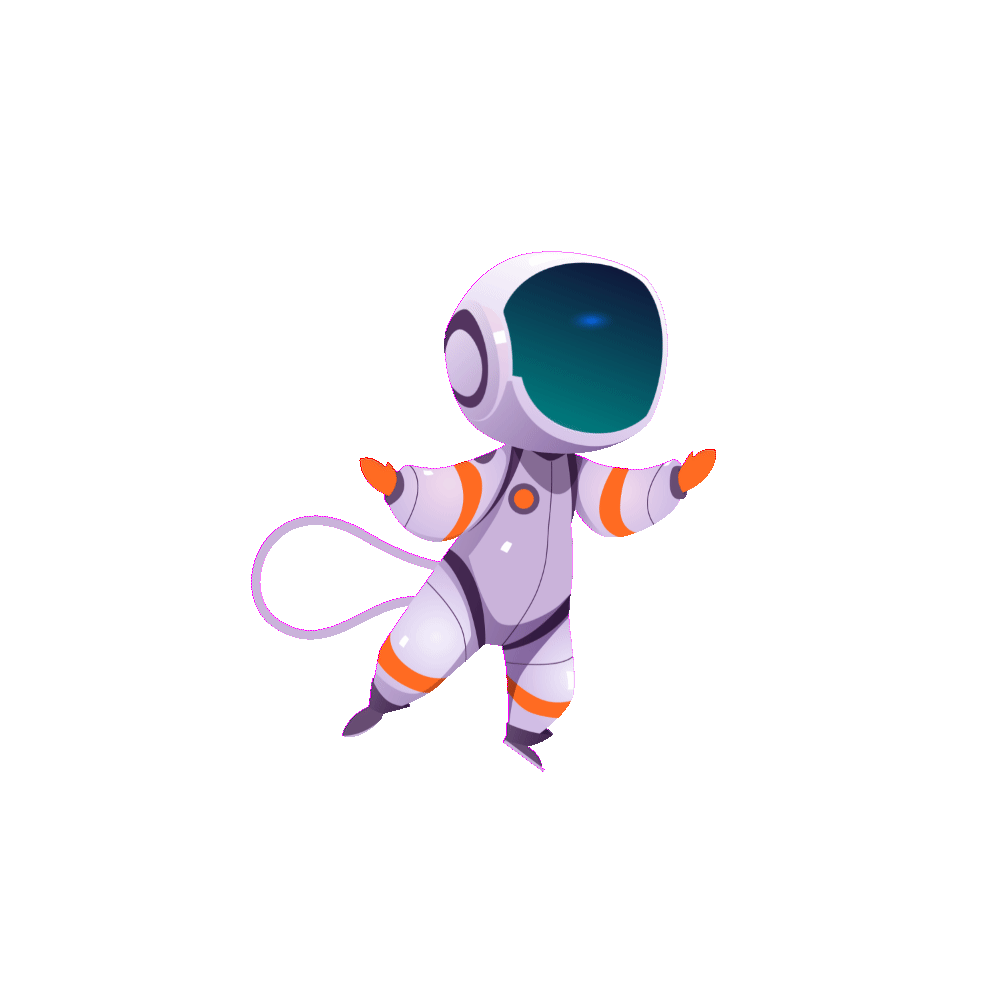Here is a list of the most common questions we are usually asked. If you haven't found the one you're interested in, just drop us a line!


Team
We focus on teamwork, because the key to our company's success is a synergy from every team
member’s efforts!
Responsibility
We are responsible for every task. This approach allows us to eliminate chaos, makes our
processes efficient and gives everyone a clear path to growth together with Softermii.
Result-driven
We are deeply engaged in what we do as we love to deliver results with fun and pleasure.
Development
We invest our time in self-education and training, and Softermii helps us to achieve synergies
in our common development.
Professional second opinion
Audit your software to boost its performance and improve user experience.
Valuable market insights
Get the latest tech follow-up, including market trends and users’ needs.
On-time and -budget delivery
We guarantee a record 10% deviation in time and scope for project delivery.
Software support after the release
We provide ongoing maintenance and Quality Assurance for your software.

Microsoft .NET Framework: This is a software framework developed by Microsoft that provides a programming model for building and running applications. It includes a large library of pre-built code and supports multiple programming languages such as C#, VB.NET, and F#.
C#: C# (pronounced C sharp) is a powerful and versatile programming language developed by Microsoft. It is widely used for building various types of applications on the .NET platform, including web applications, desktop applications, and mobile apps.
ASP.NET: ASP.NET is a web development framework provided by Microsoft. It allows developers to build dynamic and interactive web applications using C# or VB.NET. ASP.NET supports various technologies such as Web Forms, MVC (Model-View-Controller), and Web API for building different types of web applications.
.NET Core: .NET Core is an open-source, cross-platform framework developed by Microsoft. It is a modular and lightweight version of the .NET Framework, designed for building applications that can run on Windows, macOS, and Linux. .NET Core is particularly suitable for cloud-based and containerized applications.
Entity Framework: Entity Framework is an object-relational mapping (ORM) framework provided by Microsoft. It simplifies database programming by allowing developers to work with databases using strongly-typed classes and LINQ (Language Integrated Query). Entity Framework supports multiple database providers, making it easier to work with different database systems.
Azure: Azure is Microsoft's cloud computing platform that provides a wide range of services and tools for developing, deploying, and managing applications and services. It includes infrastructure services, platform services, and software-as-a-service (SaaS) offerings, allowing developers to build scalable and robust applications in the cloud.
Visual Studio: Visual Studio is a popular integrated development environment (IDE) developed by Microsoft. It provides a comprehensive set of tools for developing, debugging, and deploying applications on the .NET platform. Visual Studio supports various programming languages and frameworks, including .NET, and offers powerful features for improving productivity.

Yes, we offer outstaffing services. As a dotnet expert company, we have a team of skilled professionals who can be assigned to work remotely on your projects. Our outstaffing model allows you to extend your development team with our dedicated dotnet experts, ensuring high-quality deliverables and efficient collaboration.

Project Scope: The complexity and scope of your product will influence the time required for development. Are you building a simple web application or a complex enterprise software solution? Clarifying the project requirements and defining a clear scope will help estimate the timeline more accurately.
Resource Availability: The availability of skilled resources, such as .NET developers, project managers, and designers, will impact the development timeline. Ensure that you have a dedicated team or access to skilled professionals who can commit to the project.
Planning and Preparation: Adequate planning and preparation are essential for successful product development. This includes defining project milestones, creating a development roadmap, and conducting any necessary research or feasibility studies. Depending on the project's size and complexity, this stage can take anywhere from a few days to a couple of weeks.
Development Methodology: The development methodology you choose will affect the overall timeline. Agile methodologies, such as Scrum, involve iterative development and frequent feedback, which can expedite the process. However, traditional waterfall approaches may take longer due to their sequential nature.
Collaboration and Communication: Efficient collaboration and clear communication within the development team and with stakeholders are crucial. Regular meetings, progress updates, and effective feedback loops will help streamline the development process and avoid delays.
Requirements Gathering: We start by thoroughly understanding your project requirements, including functionality, features, and any specific business needs. Our team collaborates closely with your stakeholders to ensure a clear understanding of your goals and objectives.
Planning and Design: Once we have a solid understanding of your requirements, we move on to the planning and design phase. Our experienced architects and designers work together to create an optimal software architecture, selecting appropriate technologies such as .NET or .NET Core, Azure, ASP MVC, and other relevant frameworks. This phase includes creating wireframes, user interface designs, and database schema designs.
Development: With the planning and design in place, our development team starts coding the application. We follow best practices and industry standards to ensure high-quality code. As experts in .NET and .NET Core, we leverage the strengths of these technologies to build robust and scalable applications. We also incorporate Azure services as needed, such as Azure App Service, Azure SQL Database, Azure Storage, or Azure Functions.
Testing: We have a dedicated quality assurance team that performs rigorous testing to ensure the application meets your requirements and functions as expected. We conduct various types of testing, including unit testing, integration testing, system testing, and user acceptance testing. Automated testing tools and frameworks are utilized to streamline the testing process.
Deployment and Release: Once the application has successfully passed all testing stages, we prepare it for deployment. As a .NET/.NET Core expert company, we leverage Azure's deployment options, such as Azure DevOps or Azure App Service deployment slots, to ensure smooth and efficient releases. We follow industry best practices for continuous integration and continuous deployment (CI/CD) to automate the deployment process.
Support and Maintenance: Our commitment doesn't end with deployment. We provide ongoing support and maintenance services to ensure the application remains stable, secure, and up-to-date. This includes monitoring performance, fixing bugs, applying security patches, and incorporating enhancements based on your feedback.
Waterfall: This traditional methodology follows a linear sequential approach, with distinct phases such as requirements gathering, design, development, testing, and deployment. Each phase is completed before moving to the next one, making it more suitable for projects with well-defined and stable requirements.
Agile: Agile methodologies, such as Scrum, Kanban, and Extreme Programming (XP), focus on iterative and incremental development. These methodologies prioritize adaptability, collaboration, and continuous feedback. They break the project into smaller deliverables called sprints or iterations, allowing for flexibility and responsiveness to changing requirements.
DevOps: DevOps is a combination of software development (Dev) and IT operations (Ops). It emphasizes collaboration, communication, and integration between development teams and operations teams. DevOps aims to automate and streamline the software delivery process, ensuring faster and more reliable releases.
Lean: Lean software development methodology aims to eliminate waste and maximize customer value by focusing on continuous improvement and reducing non-value-adding activities. It emphasizes delivering value to the customer as early as possible, optimizing resources, and fostering a culture of experimentation and learning.
Rapid Application Development (RAD): RAD focuses on delivering software quickly by involving users early in the development process and using iterative prototyping. It emphasizes a shorter development cycle and frequent feedback to ensure that the end product meets user requirements effectively.
Feature-Driven Development (FDD): FDD is an iterative and incremental approach that focuses on building software features one by one. It incorporates domain modeling, feature lists, and planning techniques to deliver software in small, manageable increments.

Contact us today to schedule a free, 20-minute call to learn how DotNet Expert Solutions can help you revolutionize the way your company conducts business.